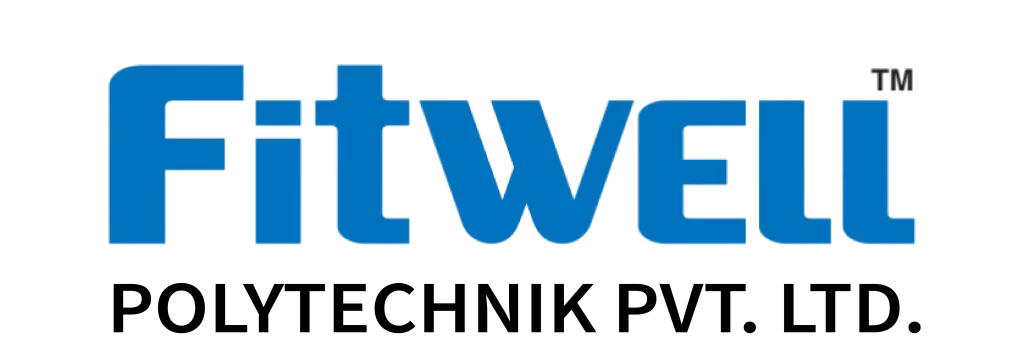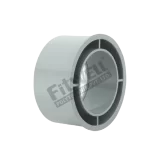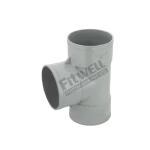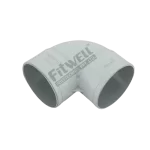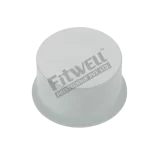SWR Drainage Systems: Benefits and Uses
Introduction
Effective drainage is crucial for maintaining the health and safety of both residential and commercial properties. SWR (Soil, Waste, and Rain) drainage systems provide a comprehensive solution for managing waste and rainwater, ensuring that these elements are safely transported away from buildings. In this guide, we will explore what SWR drainage systems are, how they function, and the benefits they offer in various applications.
What Are SWR Drainage Systems?
SWR drainage systems are designed to handle three types of waste: soil waste (such as from toilets and urinals), wastewater (from sinks, baths, and washing machines), and rainwater (from roofs and surfaces). These systems help in the safe disposal and transportation of waste, preventing blockages, leaks, and other drainage issues.
SWR pipes are typically made from high-quality PVC or UPVC materials, which are known for their strength, durability, and resistance to corrosion. These pipes are available in different sizes and fittings to cater to the specific needs of both residential and commercial drainage systems.
How SWR Drainage Systems Work
SWR systems operate by transporting waste and rainwater from buildings to the main drainage or sewer network. The system is composed of different components that work together to ensure the efficient movement of soil, waste, and rainwater.
Key Components of SWR Drainage Systems:
- SWR Pipes: These are the main components that transport waste and rainwater to the drainage system. They come in various diameters to handle different flow rates.
- Fittings: Fittings such as elbows, tees, and couplings connect the pipes and help change the direction of flow.
- Ventilation: Ventilation pipes are used to maintain airflow within the system, preventing pressure buildup and ensuring smooth waste flow.
The efficient design of SWR systems allows them to transport waste without clogging or leaking, even in heavy rain or high-usage scenarios.
Common Applications of SWR Drainage Systems
SWR drainage systems are versatile and can be used in a variety of settings. Their efficiency and durability make them an ideal solution for both residential and commercial properties.
1. Residential Applications
In homes, SWR systems are commonly used to manage waste from toilets, sinks, showers, and rainwater runoff from roofs. These systems are crucial for preventing blockages and maintaining a clean, healthy living environment.
2. Commercial Applications
For commercial buildings such as offices, malls, and industrial complexes, SWR systems handle larger volumes of waste and rainwater. Their ability to efficiently transport waste makes them suitable for high-usage environments where drainage issues could lead to significant problems.
3. Industrial Applications
In industrial settings, SWR drainage systems are used to manage both waste and rainwater from large facilities. These systems ensure that industrial waste is transported safely, reducing the risk of contamination or leaks.
4. Public Infrastructure
SWR systems are often used in public infrastructure projects to manage stormwater and wastewater in urban areas. They help prevent flooding and ensure that waste is properly disposed of, contributing to the overall health of the community.
Manufacturing Process of CPVC Piping Systems
Choosing the Right SWR System for Your Project
Here are some practical tips to help you choose the best pipe fittings for your plumbing or construction project:
1. Match the Fitting Material to the Pipe
Ensure that the material of the pipe fittings matches the material of the pipes you’re using. This ensures compatibility and prevents corrosion or leaks. For example, UPVC pipe fittings should be used with UPVC pipes.
2. Consider the System’s Environment
If the pipes will be exposed to harsh environments, such as high temperatures, chemicals, or outdoor elements, choose fittings that can withstand these conditions. CPVC fittings are ideal for high-temperature systems, while stainless steel is perfect for corrosion-resistant needs.
3. Check the Pressure Rating
Always verify that the fittings can handle the pressure levels of your system. This is especially important in industrial or high-pressure applications where the system may operate under heavy loads.
4. Opt for Quality Brands
Choose fittings from reputable brands like Fitwell, which are known for their quality and performance. Investing in quality fittings reduces the risk of leaks, system failures, and costly repairs down the line.
5. Seek Professional Advice
If you’re unsure about which fittings to select, consult with a professional plumber or contractor. They can help you identify the correct size, material, and type of fittings for your specific project.
Conclusion
SWR drainage systems are an essential part of modern residential and commercial plumbing. Their ability to efficiently manage soil, wastewater, and rainwater makes them indispensable in maintaining a clean, safe, and environmentally friendly drainage system. Whether you’re working on a home renovation or a large-scale commercial project, choosing a high-quality SWR system will ensure the long-term success of your drainage solution.
Stay on the forefront of industry trends by checking out our latest content
Stay ahead with our latest content, designed to keep you informed on the newest industry trends and insights. Discover valuable updates that help you lead in your field.

Trusted uPVC Pipes Manufacturers for India’s Top Contractors
Introduction: The Surge in Demand for uPVC Pipes Among Top Contractors in India The construction and infrastructure sectors in India have witnessed a significant transition toward sustainable and long-lasting materials.
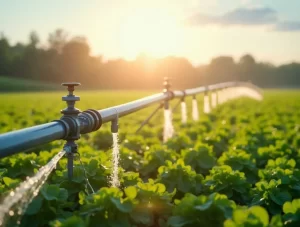
Top Innovations in Agricultural Pipe Fittings for Water Savings [2025]
Introduction to Agricultural Pipe Fittings and Water Sustainability Agricultural pipe fittings play a pivotal role in building efficient irrigation systems, crucial for modern farming practices. By exploring the versatility of

Expeart Tips from MDPE Pipe Fittings Manufacturers to Avoid Failures
Expeart Tips from MDPE Pipe Fittings Manufacturers to Avoid Failures Understanding MDPE Pipe Fittings: An Overview MDPE (Medium Density Polyethylene) fittings, used extensively in gas and water systems, offer strong,
Request a Free Consultation
Get personalized plumbing solutions with a free consultation from Fitwell.
